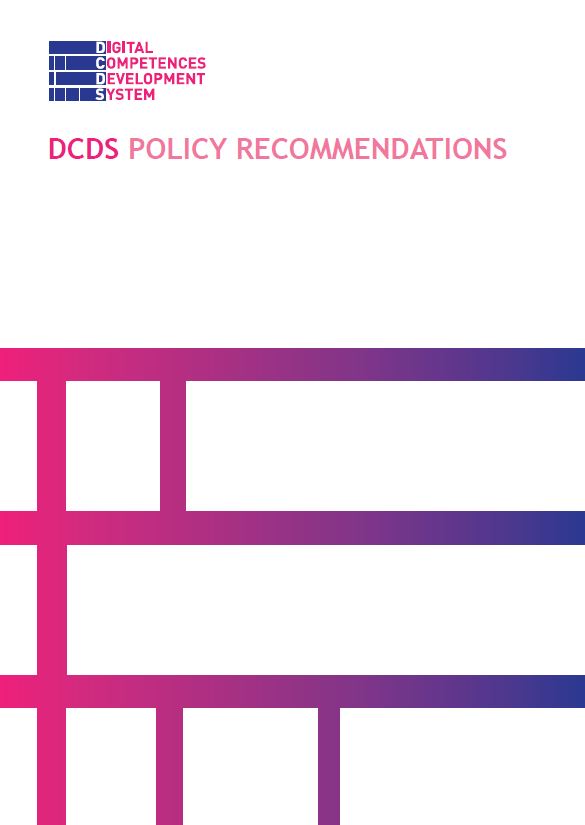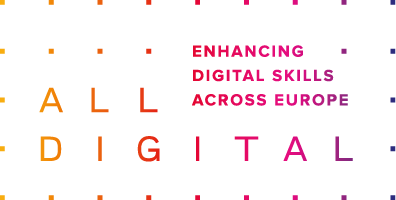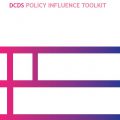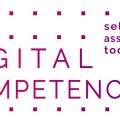
24 Dec DCDS Policy Recommendations
24 Dec, 2019
The DCDS project established a framework to provide low-digitally skilled adults with the basic digital and transversal competences needed for employment, personal development, social inclusion and active citizenship. The project developed an open, innovative multilingual Digital Competences Development System (DCDS) and used it to provide non-formal training to low-skilled adults in different European countries. Being completely aligned with the European Digital Competence Framework for Citizens – Dig Comp 2.1, the project contributes to the promotion of its use by non-formal training providers and its adoption by European policy makers active on adult education and training, social and digital inclusion as well as employment policies.
The DCDS policy recommendations suggest clear policy objectives related to increasing the number of adults having basic digital skills and identify the changes needed to support this policy outcome. The DCDS policy recommendations also provide effective proposals on how to include the DCDS project outcomes within the services addressed to adults with low digital skills and empower key stakeholders in formulating innovative integrated policies for developing and recognizing adult citizens’ basic digital competence.
The policy recommendations address three main target groups:
- European policymakers,
- national and regional policymakers and
- local authorities.
Providers willing to make a policy change in the digital competence development are free to use this document for their advocacy strategies.
We invite all the readers of this toolkit to consult the Policy Influence Toolkit as well.





